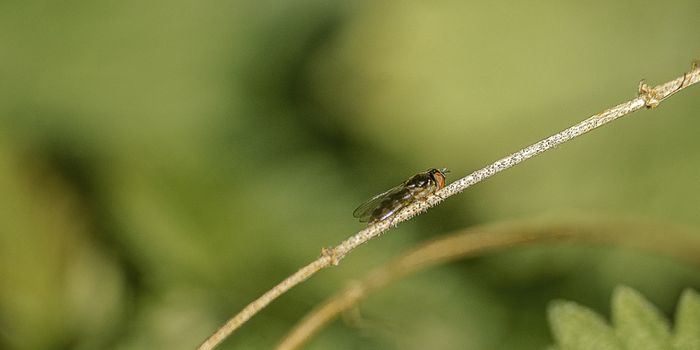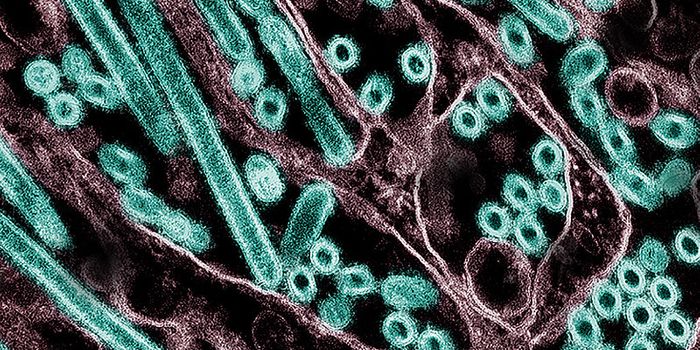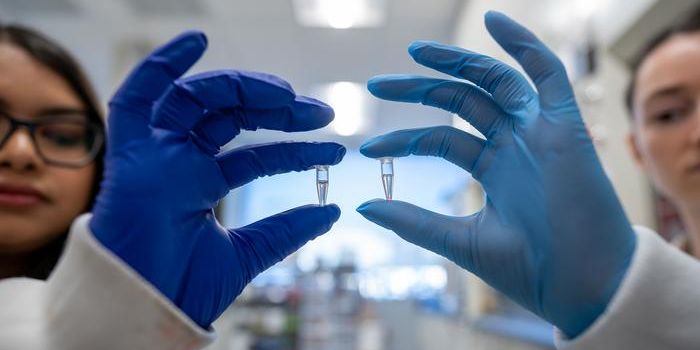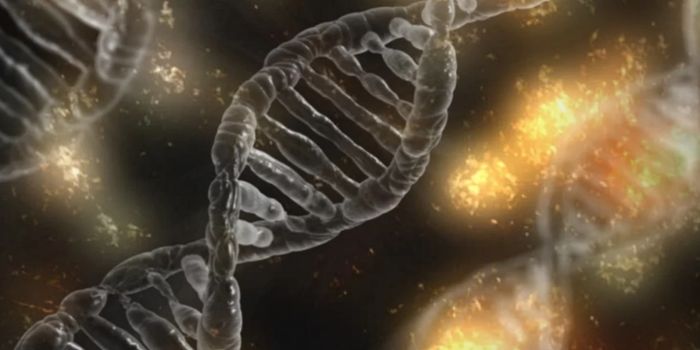Johns Hopkins is Starting COVID-19 Plasma Trials
Researchers at Johns Hopkins University (JHU) are starting a trial that aims to learn whether plasma from recovered COVID-19 patients can help treat others infected with the virus or prevent the infection in people who are at high risk. They have recently received a $35 million grant from the US Department of Defense to conduct two clinical trials that will happen nationwide and enroll 1,100 people in total. There are still no approved vaccines or treatments for the pandemic virus SARS-CoV-2.
In convalescent blood plasma therapy, blood products from a COVID-19 survivor are transfused into people that are in the early stages of a SARS-CoV-2 infection to treat the disease, or potentially to prevent it from happening. The 'blood product' is plasma, which is made when white and red blood cells and platelets are removed from whole blood to leave a yellowy liquid that carries antibodies - the plasma.
"Blood plasma therapy may have the most potential in providing immediate immunity to people at high risk of COVID-19 exposure and treating COVID-19 early to prevent hospitalization or death," said study co-leader David Sullivan, professor of molecular microbiology and immunology at JHU's Bloomberg School of Public Health. "For definitive proof of this, we need a rigorous randomized clinical study to evaluate it."
"This is a story of great synergy between researchers and institutions to carry out important studies that will inform our nation and the world on how effective plasma can be to prevent COVID-19 and to treat early disease," said study co-leader Arturo Casadevall, a Bloomberg Distinguished Professor who holds joint appointments in the Bloomberg School of Public Health and the JHU School of Medicine.
Over the next few months, one trial will examine prevention and will enroll 500 people that have been exposed to the virus at home or in their work in the healthcare field. A second trial will include 600 people who are within eight days of the initial symptoms of infection, who are not in hospital; in other words, people in the early stages of COVID-19.
While plasma has been used by clinicians for over a century, it's often employed in emergencies and not many controlled studies have examined the efficacy of the therapy.
"Because plasma from recovering patients is widely available, it may be a rapid low-cost treatment of major value in early stages of epidemics. A randomized trial is needed to clearly demonstrate these historical and laboratory proven benefits," said study co-leader Daniel Hanley, director for multisite clinical trials at the Institute for Clinical and Translational Research at the JHU School of Medicine.
In these trials, the plasma will be collected by organizations including the American Red Cross and the New York Blood Center. Participants will receive one infusion of the plasma, which takes about an hour. The progress of their infection will then be observed over four weeks, which will include testing for the virus and antibodies. Three months after the initial transfusion of plasma, the researchers will assess long-term immunity.
This work can also show how well plasma works to prevent infection before or as it starts. "There are also biological implications," said study co-leader Shmuel Shoham, associate professor of medicine at JHU's School of Medicine. "We're reviving an old approach to fight pathogens, and it may be useful for other viruses or parasites such as malaria."
Sources: Johns Hopkins University









